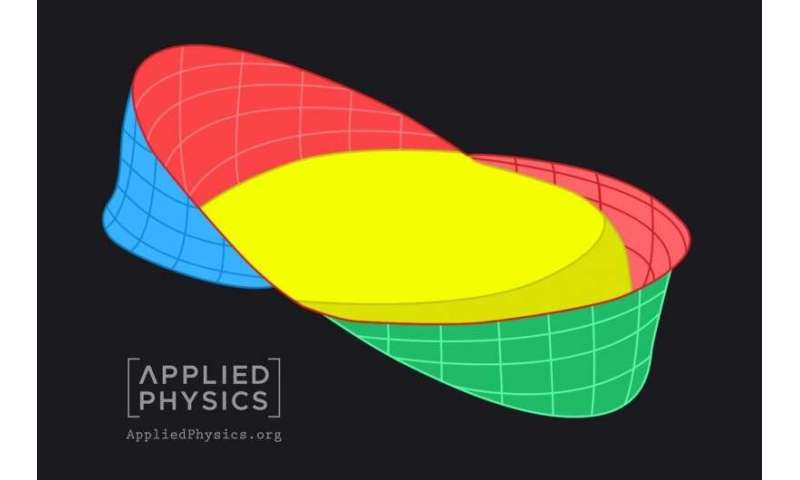Best of Last Week: A possible real warp drive, an oral treatment for COVID-19 and belly fat resistant to fasting

It was a good week for space science, as a pair of researchers at Applied Physics developed a potential model for a real physical warp drive—their model would allow a spacecraft to travel faster than the speed of light, without breaking the laws of physics. Also, a team at Royal Holloway, University of London, found organic materials essential for life on Earth on the surface of an asteroid for the first time. And a team of researchers from the U.S., the U.K. and Japan studying data from Hubble solved the mystery of a monster star's dimming—Canis Major, they discovered, becomes dimmer when gaseous outflows containing dust obscure its light.
In technology news, a combined team from Netease Fuxi AI Lab and the University of Michigan announced the development of MeInGame, a deep learning method to create video game characters that look like real people. Also, Microsoft announced the debut of Power Fx, an open source, low-code programming language for developers. And a team at Utrecht University announced the development of an open-source machine-learning framework to carry out systematic reviews to help researchers sift through prior research on a given topic. Also, Facebook announced that they have enhanced AI computer vision with SEER—a deep learning solution able to register images on the Internet independent of curated and labeled data sets.
In other news, pharmaceutical company Merck, working with Ridgeback Biotherapeutics, reported promising results for a new oral treatment for COVID-19—use of the drug molnupiravir resulted in a significant drop in patients' viral load after five days of treatment. Also, a combined team from University College London and George Mason University found the source of hazardous high-energy particles located in the sun—plasma low in the sun's corona.
And finally, if you are among the people who are trying to lose weight by simply refusing to eat for a whole day now and then, you might want to check out the results of a study done by a team at the University of Sydney—they found that belly fat is resistant to intermittent fasting because the body goes into a preservation mode.
© 2021 Science X Network